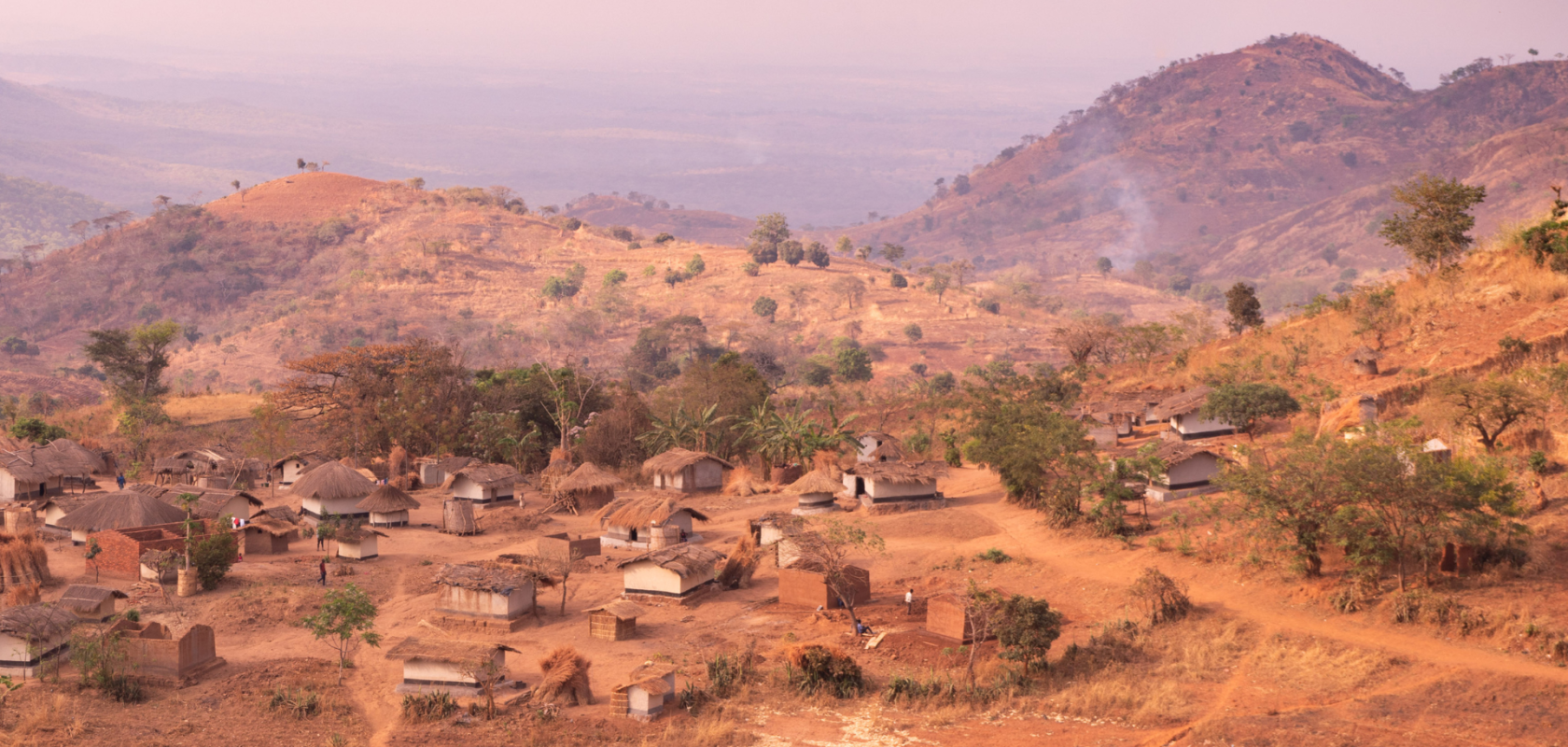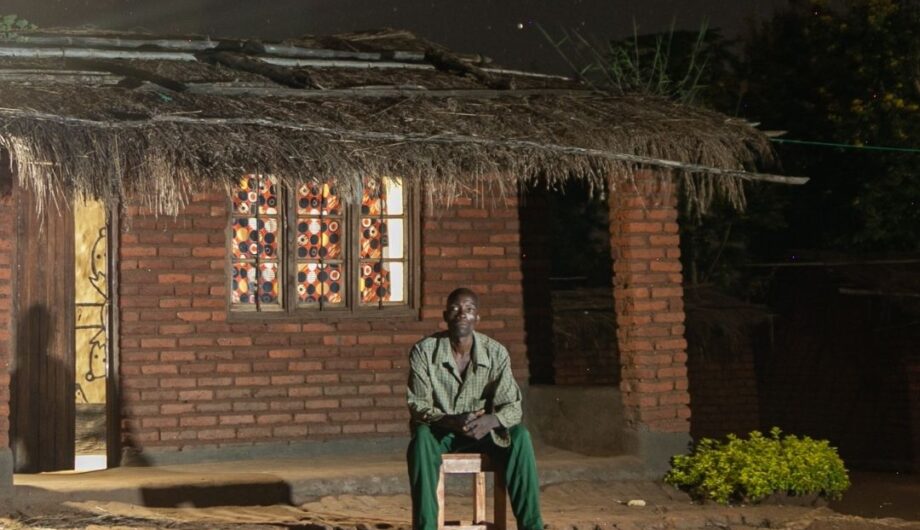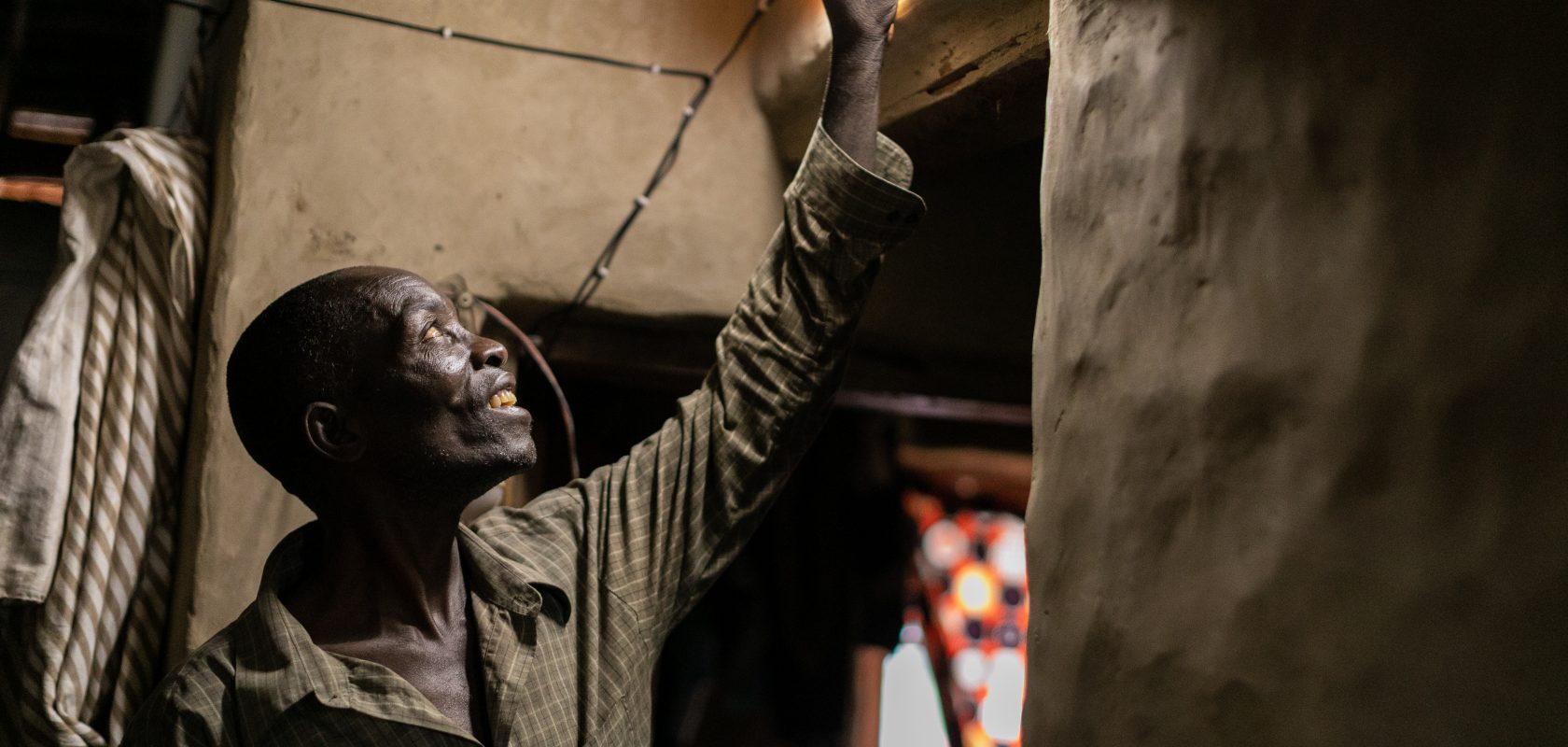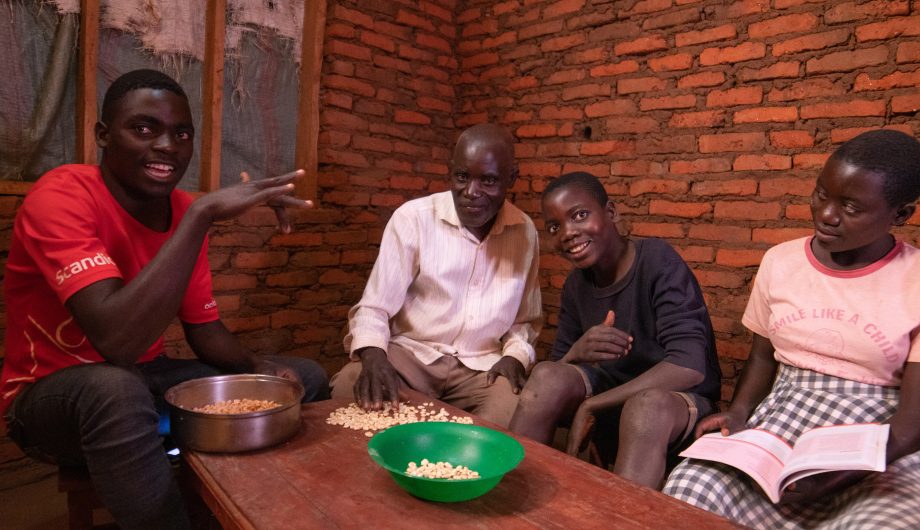SolarAid’s Energy-as-a-Service model combines affordable financing with strong community operations and aims to achieve 100% sustained energy access for everyone, everywhere.
Reaching everyone, everywhere
In many remote communities, families still rely on candles or kerosene lamps because solar power feels out of reach. The upfront cost is too high, and looking after the equipment can be risky and expensive.
Our Energy-as-a-Service model changes that. Families don’t have to buy a solar system, the installation of a solar home system is made by SolarAid and they simply pay for the light they use, at a price similar to candles. We own the systems, keep them in good working order, and make sure the lights stay on.
It’s a simple idea with a big impact: clean, reliable energy for everyone, starting with those who have been left behind for far too long. Together with local communities and partners, we’re proving that 100% clean energy access isn’t a dream for the distant future, it’s something we can achieve now.






